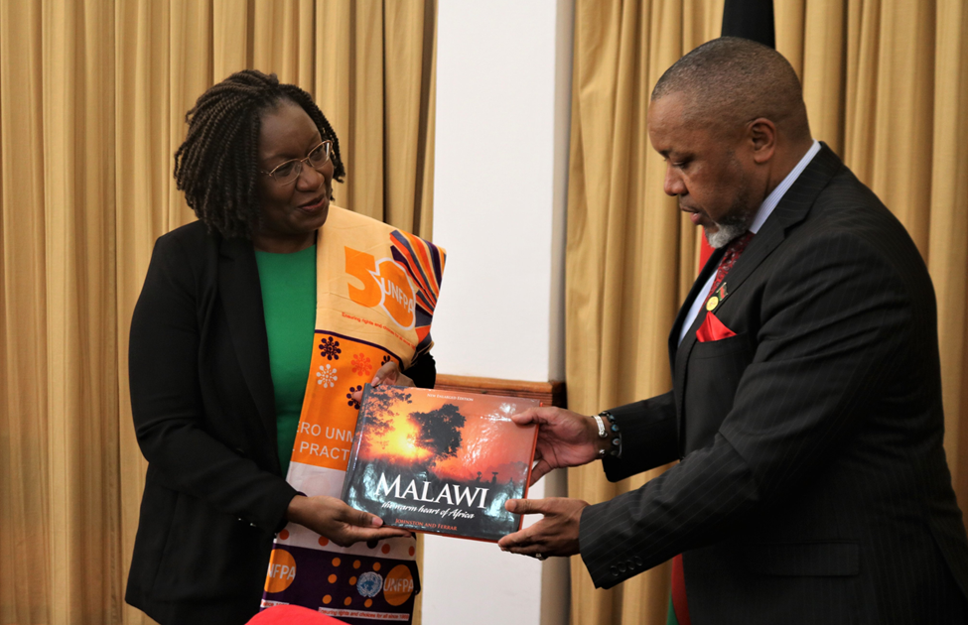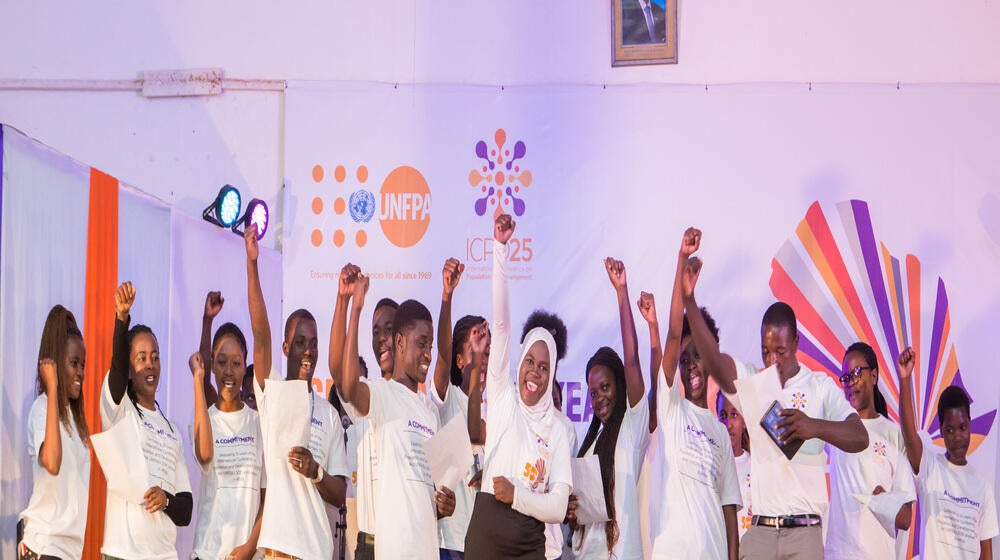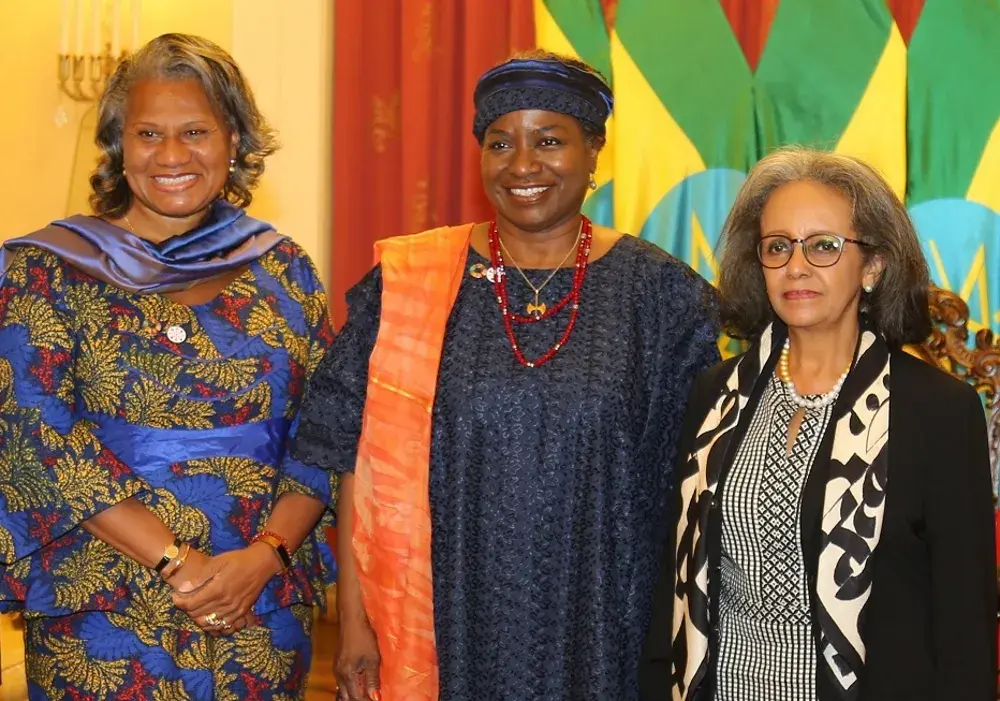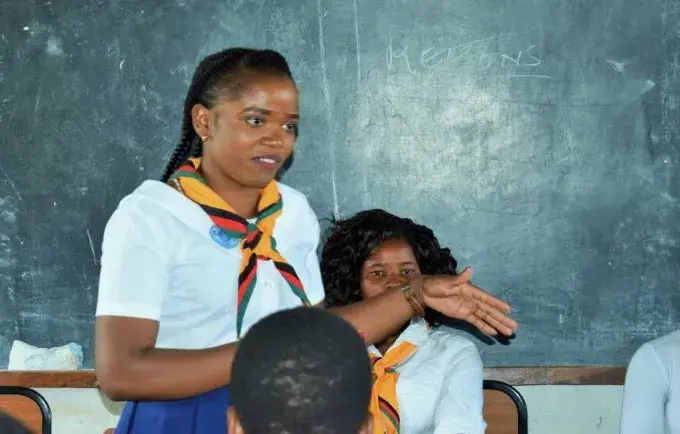Lilongwe, Malawi- In November 2019, the world converged in Nairobi for the historic International Conference of Population and Development 25 (ICPD25). During the conference, nations made bold declarations to accelerate the implementation of the ICPD Programme of Action, leaving no one behind, and to ensure rights and choices for all.
Like many other countries that took part in the conference, Malawi made 10 commitments to ‘accelerate the promise’. Three years later, the country has made inroads in some areas but continue to struggle in others. Issues such as child marriage, high maternal mortality, reducing the unmet need for family planning for all women, and ending early and unintended continue to dent the chances of the country achieving all its targets by 2030.
However, despite the challenges, the Malawi Government is upbeat saying they are still as committed as ever to the 10 commitments made in Nairobi. This came out when the Regional Director, Ms. Lydia Zigomo had an audience with the Vice President of Malawi, Dr Saulos Klaus Chilima at his Capitol Hill office on the 21st of September.

The Regional Director was in the country on mission where she met with key stakeholders working with UNFPA to deliver the three transformative results. During the meeting, Right Honorable Chilima Chilima expressed gratitude to UNFPA for its support in the promotion of sexual and reproductive health rights and services, including family planning.
“The Government has established a National Steering Committee to follow-up on the implementation of agreed commitments to ensure that concerted efforts are made in the process,” Hon. Chilima explained adding that, despite progress in maternal health, the Government is worried with the high maternal deaths in the country.
Despite our concerted efforts, Malawi is still trailing behind in reducing maternal deaths currently at 439 per 100,000 live-births and neonatal mortality rate of 27 per 1,000 live-births according to the 2016 Demographic and Health Survey.
Of the 10 commitments Malawi made, one of them is to reduce maternal mortality by 75 percent (from 439 to 110) by 2030. The 439/100,000 is still higher than the global estimates of 216/100,000 live births and distant from the Sustainable Development Goals target of 70/100,000 live births.
On her part, Ms. Zigomo expressed appreciation for the strong partnership between the Government of Malawi and UNFPA. The regional Director noted that with the Agenda 2030 deadline looming to achieve the three transformative results, there is pressure to make major strides in a short time and UNFPA will work with Governments towards meeting the goals.
“To achieve the three transformative results, it is important that UNFPA maintains strong Government support and close cooperation especially now that country office is developing its 9th Country Programme Document,” she said.
Ms. Zigomo also thanked the President through the Vice President on Malawi successful leadership as a chairperson of the SADC, which amongst other things saw Malawi championing the adaptation and development of the SADC Score Card on Sexual and Reproductive Health and Rights, country indicators and targets as well as for reporting every two years.
She also highly praised the ongoing reforms being instituted by the current administration and encouraged the Government to use them to position population issues in the Ministry that has convening powers for its prominence and for inter-ministerial accountability to be sustained.
“For instance, Economic Planning and Development would be better placed to handle population issues as opposed to the Ministry of Health,” she pointed out and closed her speech with a renewed call to Government to finalize of the National Population Policy.
By Joseph Scott, Communications Analyst





